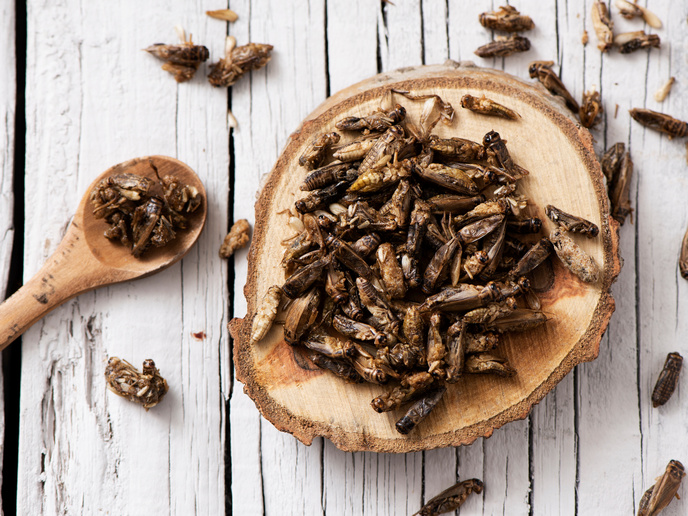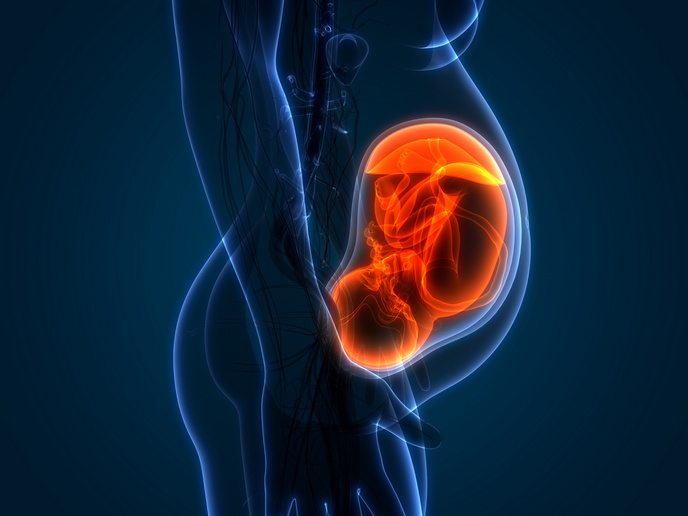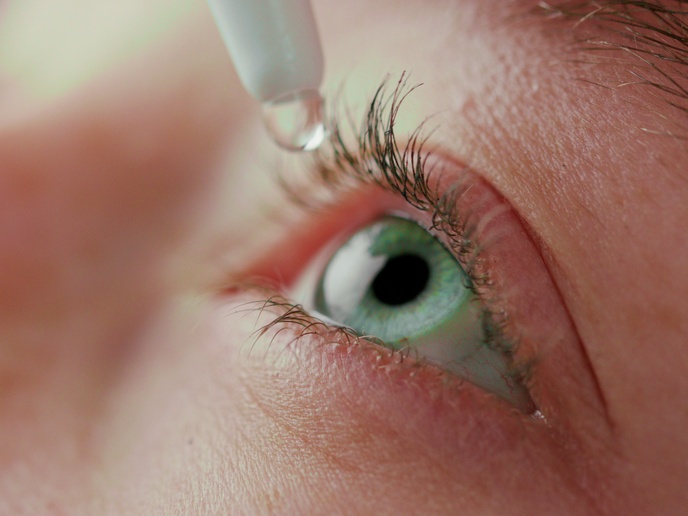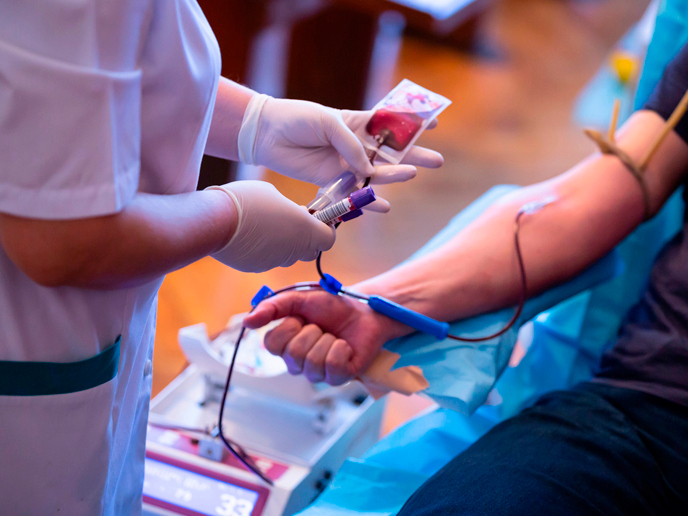Treatment success of breast cancer: the role of sugars
Breast cancer is the most common cancer affecting women. One in five breast cancer cases are characterised by a massive overexpression of the 9human epidermal growth factor receptor 2(opens in new window) (HER2) on the surface of the cancer cells. This protein promotes the growth of cancer cells and drives disease progression. HER2-positive breast cancer is associated with poor outcome, yet treatment has been revolutionised by the development of HER2 targeting drugs. However, a significant number of patients do not respond to the treatment, and most patients with metastatic disease that initially responded develop resistance, undermining the efficacy of this therapeutic approach.
Insight into surface glycosylation of breast cancer cells
Multiple mechanisms of resistance to HER2-targeting therapies have been described. However, an important aspect of cancer cells has been largely overlooked: their sugar coating. Undertaken with the support of the Marie Skłodowska-Curie Actions(opens in new window) (MSCA) programme, the aim of the ROSETTA project was to decipher how glycosylation impacts resistance to HER2-targeted therapies currently used in the clinic. Our cells, but also cancer cells, are coated with a layer of sugars called glycocalyx(opens in new window), result of the addition of complex carbohydrates to lipids and proteins. Interestingly, the glycosylation profile of cells rapidly changes in response to physiological and pathological contexts such as cancer. As the MSCA research fellow Ana Ruiz-Saenz explains: “Aberrant glycosylation in cancer cells contributes to key cancer hallmarks such as sustained proliferation, resistance to cell death, immune evasion and metastasis. However, the impact of altered glycosylation on the response to anticancer therapies remains poorly understood.” The extracellular domain of HER2 is heavily glycosylated and holds the binding sites for the main targeted agent used in the clinic for HER2 positive breast cancer patients, trastuzumab. The glycosylation profile of HER2 is regulated by specific glycogene-encoded proteins.
The role of sugar genes
Using clinical data from the I-SPY 2 clinical trial(opens in new window), researchers identified a set of glycogenes associated with response or resistance to current HER2 targeting agents. Given that the main mechanism of action of trastuzumab is the engagement of the immune system, the team established an in vitro co-culture method based on engineered natural killer cells. The aim was to assess the impact of glycosylation on the response to trastuzumab mediated by immune cells. Using this functional co-culture system and 3D breast cancer spheroids, researchers validated that alterations, in particular glycogenes, undermine the efficacy of trastuzumab. The latter is currently being used also for the treatment of other cancer types, such as gastric, lung and colorectal cancer. “Our findings will be applied in experimental models that better mimic the complexity and heterogeneity of patient tumours to validate the impact of the identified alterations in glycosylation,” emphasises Ruiz-Saenz.
Clinical significance and prospects
Current diagnostic strategies, with few exceptions, are based on measuring protein marker concentrations, disregarding the glycosylation status, even though it might provide key information to improve diagnosis and stratify patients. The findings of ROSETTA may help in this respect by improving diagnostic tools in the future. Looking into the future, Ruiz-Saenz states: “Our results will help identify clinically relevant glyco-neoepitopes that could function as predictive indicators for treatment success.” Apart from new breast cancer biomarkers, the project opens new directions towards the development of new and more specific therapies for HER2-positive breast cancer patients.







